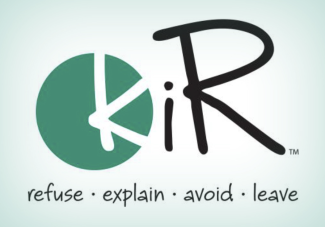Binational Cultural Adaptation of the keepin’ it REAL Substance Use Prevention Program for Adolescents in Mexico

Sharp increases in substance use rates among youth and the lack of evidence-based prevention interventions in Mexico are a major concern. A team of investigators from Mexico and the USA are actively addressing this gap by culturally adapting keepin’ it REAL (kiR)—a former US SAMHSA model program—for Mexico. This paper reports on the processes and outcomes of the cultural adaptation of kiR for adolescents in Mexico. Multiple forms of data informed this cultural adaptation, including focus groups with students about gendered and violence experiences with substance use, feedback from teachers who previously implemented the original versions of kiR, lesson fidelity observations, and external expert reviews. The culturally adapted version of kiR integrates Ecological Validity and Cultural Sensitivity Models in the adaptation process. The process encompassed surface structure adaptations, like updating language, graphics, and videos, as well as deep structure adaptation components including cultural norms, attitudes, and beliefs salient among Mexican adolescents. Youth reported receiving alcohol offers from family members, links between substance use and violence, and that shifting gender norms result in more females initiating substance use offers. In adapted kiR activities, students practice navigating substance use offers in these contexts. This approach to cultural adaptation led to a true collaborative between investigators in two countries. This study advances knowledge about how to undertake cultural adaptations of efficacious US-based prevention programs in international settings.
